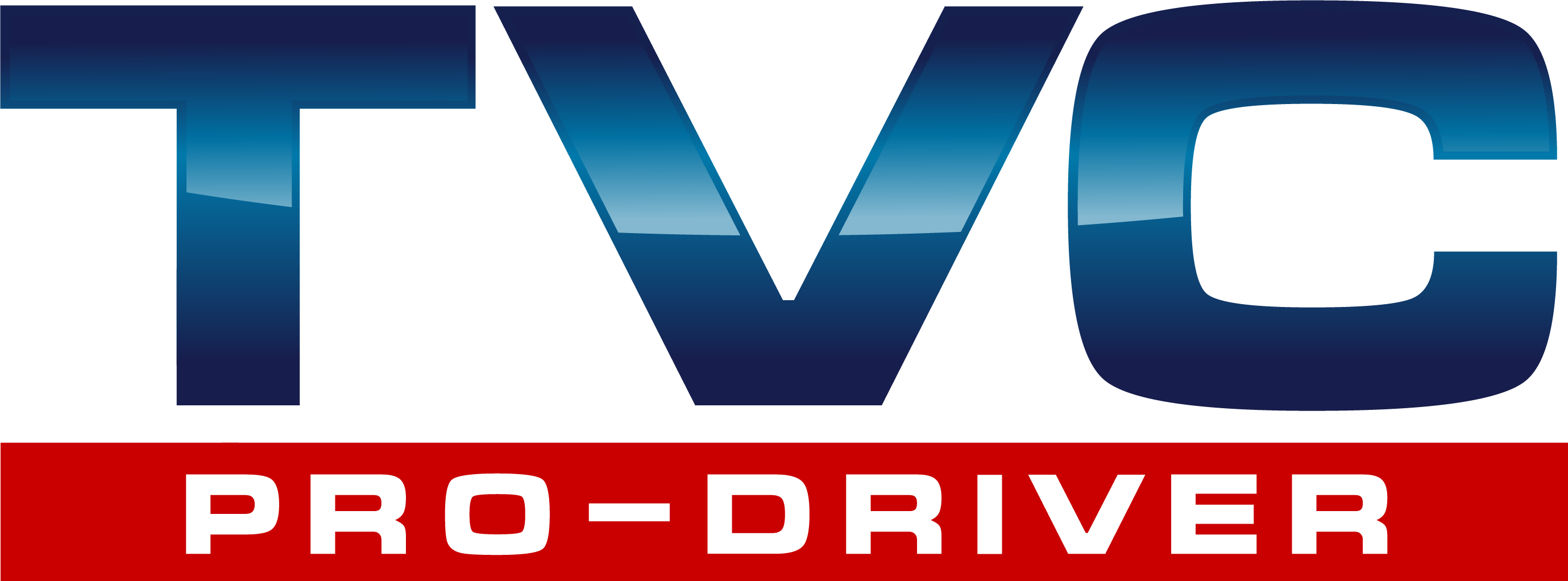Efficient route planning and optimization are crucial for trucking fleet owners to streamline operations, reduce costs and improve customer satisfaction. By carefully designing routes and leveraging advanced technology, fleet managers can maximize efficiency, minimize fuel consumption and ensure timely deliveries. In this blog post, we will explore the benefits of route planning and optimization and discuss strategies to implement them effectively in trucking fleets.
The Importance of Route Planning:
Efficient route planning is the foundation of a well-optimized trucking fleet. By carefully mapping out the most efficient routes, fleet managers can minimize the distance traveled, reduce fuel consumption and decrease overall operational costs. Additionally, route planning helps in avoiding traffic congestion, road closures and other unexpected obstacles that can lead to delays and impact customer satisfaction.
Leveraging Technology for Route Optimization:
In today’s digital age, fleet owners have access to advanced route optimization software and GPS tracking systems that can revolutionize their operations. These technologies consider various factors such as traffic patterns, weather conditions, delivery time windows and vehicle specifications to generate the most efficient routes. By integrating these tools into their operations, fleet managers can save time, reduce fuel expenses and improve overall fleet productivity.
Factors to Consider in Route Planning:
When planning routes, fleet managers need to consider several factors to ensure optimal efficiency. These factors include delivery schedules, customer locations, vehicle capacity and driver availability. By analyzing these variables and using route optimization software, fleet managers can create well-structured routes that minimize empty miles, maximize load capacity and avoid unnecessary detours.
Real-Time Monitoring and Adjustments:
Efficient route planning is an ongoing process that requires continuous monitoring and adjustments. Real-time data from GPS tracking systems and telematics devices can provide valuable insights into driver performance, fuel consumption, and route deviations. Fleet managers can use this data to identify areas for improvement, make necessary adjustments to routes and address any operational inefficiencies promptly.
Collaboration and Communication:
Effective collaboration and communication between fleet managers, drivers and dispatchers are essential for successful route planning and optimization. By fostering open lines of communication, fleet owners can ensure that drivers are aware of any changes or updates to their routes promptly. This collaboration helps in avoiding unnecessary backtracking, reducing wasted time and improving overall fleet efficiency.
Continuous Improvement through Data Analysis:
To maximize efficiency in route planning, fleet owners should analyze historical data and performance metrics regularly. By identifying trends, patterns and areas for improvement, fleet managers can fine-tune their route planning strategies and optimize operations further. This continuous improvement process ensures that the fleet remains efficient and adaptable to changing market conditions.
Efficient route planning and optimization play a significant role in maximizing efficiency and reducing costs in your operation. By leveraging advanced technology, considering various factors and fostering collaboration, fleet owners can streamline operations, reduce fuel consumption and improve customer satisfaction. Constant monitoring, analysis of data, and continuous improvement are key to maintaining an efficient fleet and staying ahead in the competitive trucking industry. Invest in route planning and optimization to unlock the full potential of your trucking fleet and drive long-term success.













